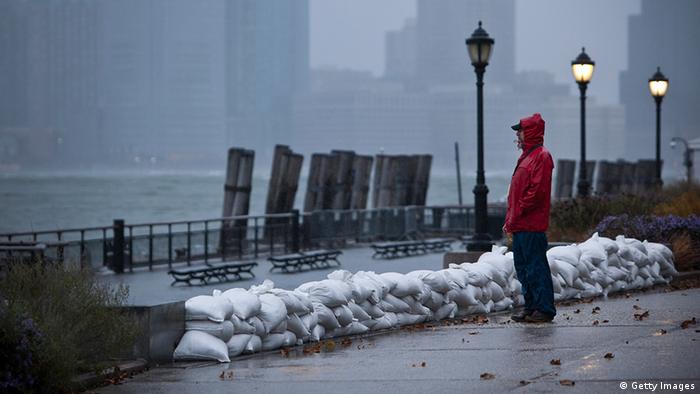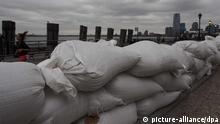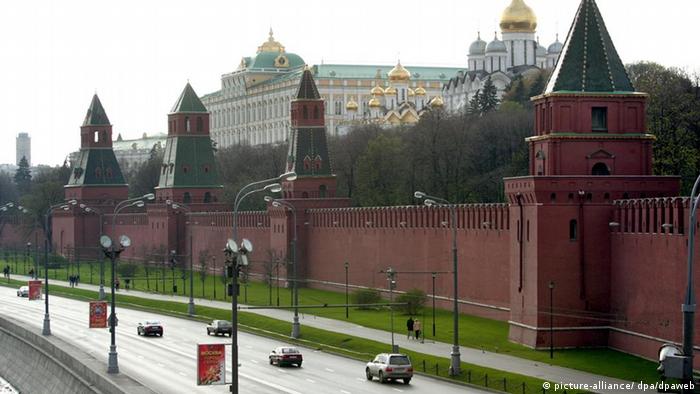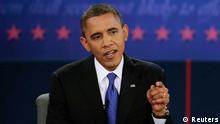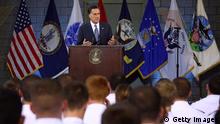Του Φαήλου Μ. Κρανιδιώτη
Η ιστορία είναι αληθινή. Την αφηγήθηκε στα γεράματα του Ιταλός αξιωματικός, που πολέμησε ως Υπολοχαγός στην Αλβανία, στον γιο του, κορυφαίο στέλεχος ιταλικής αμυντικής βιομηχανίας κι αυτός με την σειρά του την είπε σε Ελληνοαμερικανό φίλο μου, σε δείπνο στη Ρώμη πριν τρία χρόνια.
Ήταν οι πρώτες μέρες του πολέμου, όταν ήδη η αλαζονεία του Μουσολίνι και του …συνθέτη οπερέτας Αρχιστρατήγου του είχε κολλήσει στις λάσπες και τα βράχια των ηπειρωτικών βουνών, μετά τον τιτάνιο αγώνα της ελληνικής προκάλυψης. Ήδη ο Στρατός μας προωθούσε πυρετωδώς μονάδες για να φράξει ερμητικά όλες τις διόδους στους φασίστες κι είχαν αρχίσει οι πρώτες αντεπιθέσεις μας.
Ο νεαρός Υπολοχαγός κι ο λόχος του, μετά την πρώτη σφαλιάρα, αντί να πίνουν καφέ στην Αθήνα, βρέθηκαν να σκάβουν χαρακώματα και ορύγματα, πιο πίσω κι από κει που είχαν εξορμήσει τα ξημερώματα της 28ης Οκτωβρίου.
Ένας φρατέλος Λοχίας ήρθε τρέχοντας από το προωθημένο φυλάκιο και του είπε, «Κύριε Υπολοχαγέ, δείτε! Οι Έλληνες τρελάθηκαν! Στέλνουν εναντίον μας γυναίκες!».
Ο Υπολοχαγός σήκωσε το κεφάλι του από το χαράκωμα και μαζί με όλο τον λόχο του είδε μια παράξενη εικόνα, που τον έκανε να σηκωθεί ολόρθος. Από απέναντι προχωρούσε σκυφτή και με γοργό βάδην μια αραιή γραμμή από φιγούρες με χακί…φορέματα. Κρατούσαν ανά χείρας τα θρυλικά Μάνλιχερ (το τυφέκιο σύμβολο των ευγενέστερων αγώνων μας) με εφ’ όπλου λόγχη.
Για αρκετά δευτερόλεπτα οι Ιταλοί στρατιώτες έκπληκτοι παρακολουθούσαν το παράξενο θέαμα, ξέχασαν ακόμα και να ρίξουν. Είχαν ανασηκωθεί όλοι πάνω από τα πολυβόλα και τις θέσεις μάχης κι είχαν αρχίσει ν’ ακούγονται ψίθυροι, γέλια κι ειρωνικά σχόλια. Οι παράξενες ένοπλες …γυναίκες έφτασαν σχεδόν στα 100 μέτρα, στην γραμμή εφόδου, στα 100 μέτρα, όπου, όπως μου είχε αφηγηθεί το 1984 στο τρένο για Θεσσαλονίκη, ένας παλιός πολεμιστής του Αλβανικού, ονόματι Σαββόπουλος, ξεχωρίζουν οι αληθινοί άντρες. Εκεί στο αναπεπταμένο πεδίο, όπου έπρεπε να τρέξεις ακάλυπτος ολόϊσια πάνω στον εχθρό και τα πολυβόλα του.
Ο Υπολοχαγός σήκωσε τα κιάλια του κι εστίασε σε μια από τις φιγούρες.
Πρώτα είδε την φούντα από το φάριο και κατεβάζοντας λίγο τα κιάλια αντίκρισε το μυστακοφόρο πρόσωπο ενός αρειμάνιου Εύζωνα. Τα …φορέματα ήταν ο χακί ντουλαμάς εκστρατείας των Ευζωνικών Συνταγμάτων.
‘Όπως είπε στον γιο του, εκφράζοντας την διαδοχή των συναισθημάτων του ιδίου και των ανδρών του «νοιώσαμε πρώτα έκπληξη, ύστερα απορία και μετά τρόμο!».
Την στιγμή, που, αφήνοντας τα κιάλια να πέσουν στο στήθος του, ξεκίνησε πανικόβλητος να ουρλιάζει «πυρ!», οι …γυναίκες μετέτρεψαν το γρήγορο βάδην σε ξέφρενη έφοδο, προτείνοντας τις ξιφολόγχες, ενώ η ιαχή «Αέρα» αντιλαλούσε στις γύρω χαράδρες. Τα σκληραγωγημένα αγροτόπαιδα, στην πλειοψηφία τους, που στελέχωναν το Ευζωνικό, ενώ με καθυστέρηση άρχισαν να βάλλουν τα ιταλικά όπλα, γρήγορα βρέθηκαν μέσα στα χαρακώματα των Ιταλών κι άρχισε να δουλεύει αλύπητα η ξιφολόγχη. Ανέτρεψαν όλες τις θέσεις μάχης των φρατέλων πυροβολώντας σχεδόν εξ επαφής και λογχίζοντας, αυτούς που πριν λίγο γελούσαν με τους τρελούς Έλληνες, που τολμούν και στέλνουν …γυναίκες ενάντια στην Αυτοκρατορία των Fasci.
Όσοι γλίτωσαν, μαζί κι ο Υπολοχαγός, έκαναν νέο ρεκόρ στο κατοστάρι. Ο καφές στην Αθήνα απομακρύνθηκε κι άλλο. Θα τον έπιναν τον Απρίλιο του ’41, γλυκόπικρο, ταπεινωμένοι και με γερμανικές πλάτες.
Αυτή ήταν η πρώτη επαφή του νεαρού Υπολοχαγού με τους Ευζώνους. Έμαθε με ακριβά δίδακτρα την διαφορά του ντουλαμά από την γυναικεία φούστα και την αναγνώριζε και μισό αιώνα μετά.
Αυτοί ήμασταν αδέρφια τότε. Δεν ήμασταν δανειολήπτες, νουνεχείς εταίροι. Είχαμε ξαναγίνει εξ ανάγκης πολεμιστές.
Είχαμε ενότητα, λαϊκοί, φιλελεύθεροι, τεταρτοαυγουστιανοί, αριστεροί. Με ηγέτη τον Μεταξά, που είπε Όχι, εκφράζοντας όλους μας. Το είπε, μην είμαστε μίζεροι, ανιστόρητοι ψευτοπροοδευτικοί. Ναι, δικτάτορας ήταν, με φασιστική αποκλίνουσα, κυρίως βασιλικός ανήρ αλλά πατριώτης. Με το Όχι όμως, εξιλεώθηκε και για το 1915 και την απαράδεκτη στάση του στο Διχασμό. Προετοίμασε και διηύθυνε τον αγώνα. Κι ο Λαός πολέμησε. Είπε το έμπρακτο διαρκές Όχι, με το Μάνλιχερ, που μέχρι δημοτικά τραγούδια του ‘φτιαξαν οι στρατιώτες μας. Απλό, αξιόπιστο, ευθύβολο.
Ήμασταν ενωμένοι. Για να αγωνιστούμε κι όχι για να υποταχτούμε. Ήμασταν πειθαρχημένοι. Όχι για να μας πουλάνε νομίμως και ν’ αγοράζουμε ληγμένα.
Ο άνθρωπος, αδέρφια, θέλει να νοιώθει τον ήλιο και τον καθαρό αέρα στο μέτωπο. Κι αυτό απαιτεί να είσαι όρθιος. Στηριζόμενος όχι απλά στα πόδια σου, αλλά σε Ηγεσία και Ιδέες, πέρα και πάνω από την έστω κι επιδέξια διαχείριση.

